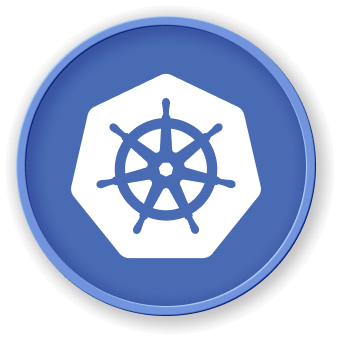Kubernetes Probes
Understanding Kubernetes Probes
Kubernetes probes are diagnostic tools that help monitor the health and performance of containers within a pod. They provide a mechanism to detect and respond to application failures automatically.
Types of Kubernetes Probes
1. Liveness Probes
Liveness probes determine if a container is running correctly. If a liveness probe fails, Kubernetes will restart the container.
graph TD
A[Liveness Probe] --> B{Container Status}
B --> |Successful| C[Container Continues Running]
B --> |Failed| D[Container Restart]
2. Readiness Probes
Readiness probes check if a container is ready to receive traffic. Containers failing readiness probes are removed from service endpoints.
3. Startup Probes
Startup probes help with slow-starting containers, giving them additional time to initialize before liveness probes take effect.
Probe Configuration Types
| Probe Type |
Mechanism |
Use Case |
| HTTP Check |
Sends HTTP request |
Web applications |
| TCP Check |
Establishes TCP connection |
Network services |
| Command Check |
Executes shell command |
Custom validation |
Practical Example
apiVersion: v1
kind: Pod
metadata:
name: probe-demo
spec:
containers:
- name: app
image: myapp:latest
livenessProbe:
httpGet:
path: /health
port: 8080
initialDelaySeconds: 30
periodSeconds: 10
readinessProbe:
exec:
command:
- cat
- /tmp/healthy
initialDelaySeconds: 15
Best Practices
- Configure appropriate timeout and failure thresholds
- Use different probes for different application needs
- Avoid complex probe logic
LabEx Recommendation
At LabEx, we emphasize the importance of well-configured probes for maintaining robust Kubernetes deployments. Our training environments provide hands-on experience with probe configuration and management.


